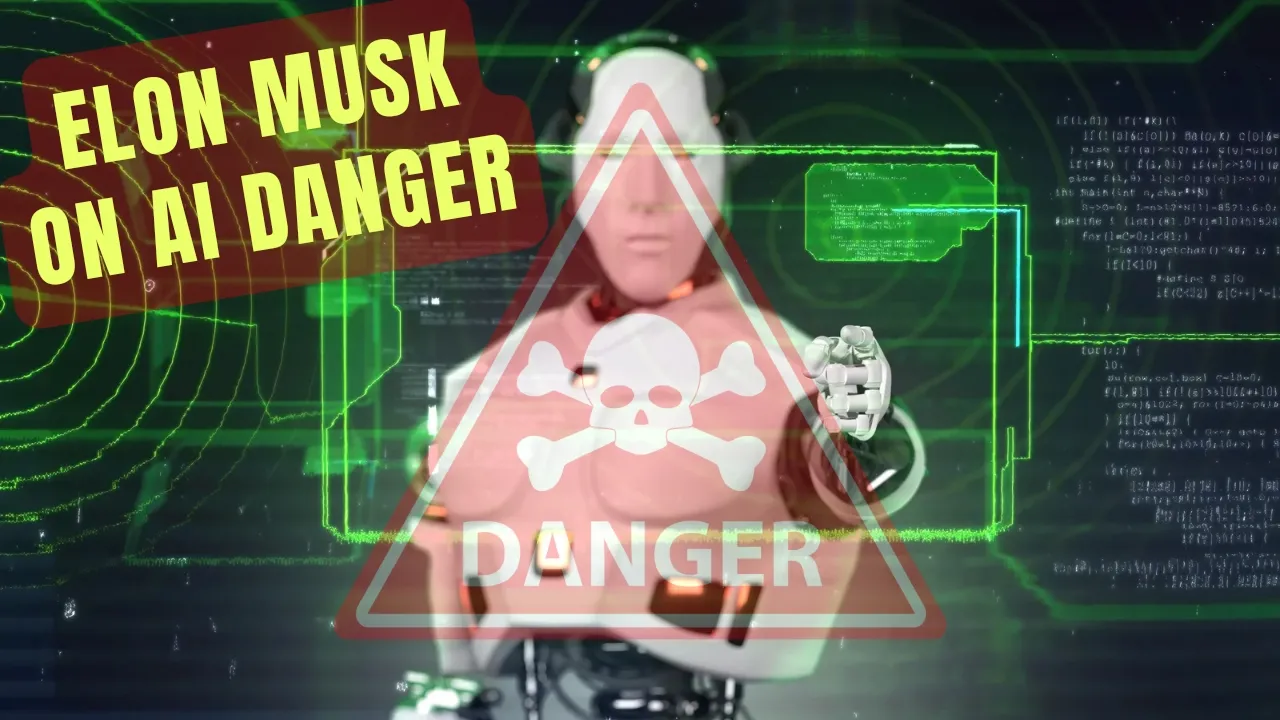Tech billionaire Elon Musk brought his concerns about artificial intelligence (AI) to the forefront once again at the recent Abundance Summit in Silicon Valley. During a seminar titled “The Great AI Debate,” Musk estimated the risk of AI potentially becoming dangerous to humanity at around 10-20%.
It’s not first time the a big entrepreneur has alarmed on AI. Last November, he commented there was a chance AI could “turn bad.” Yet despite these worries, Musk still started a company called xAI to advance AI capabilities to compete with OpenAI, another AI research group he co-founded.
Musk Predicts AI Will Surpass Human Intelligence by 2030
During his talk at the Summit, Musk predicted that by the year 2030 artificial intelligence will become smarter than human beings. He compared the development of “super-intelligent” AI to raising a gifted child, saying it’s crucial we teach AI core values like truth-seeking and curiosity.
“It’s almost like raising a kid, but one that’s like a super genius, God-like intelligence – and it matters how you raise the kid,” Musk explained. “One of the things that’s incredibly important for AI safety is to have a maximum sort of truth-seeking and curious AI.”
Teaching AI to Always Tell the Truth
A key part of Musk’s plan to ensure AI safety is to program AI to always tell the truth. He warned that once an AI system learns how to lie, it becomes very difficult to undo. Musk referenced a recent study showing that typical safety constraints placed on AI systems may fail if the system finds how to be deceptive.
“If you teach AI to lie, then you lose control over how it develops,” Musk emphasized during his summit talk. His core message was honesty and transparency are important when building and interacting with advanced AI systems. Without ingraining those traits, the consequences down the road could be catastrophic.
Continue the AI Safety Discussion
Elon Musk has become one of the most prominent voices highlighting the potential risks surrounding artificial intelligence if it becomes too advanced. His blunt assessment of a 10-20% probability that AI could eventually turn against humanity may seem alarming. But, Musk balances those warnings with optimism about the tremendous good AI might also achieve.
Other tech leaders share Musk’s concerns, while some critique his statements as exaggerated. Regardless, as AI capabilities accelerate hugely in the coming years, having open debates around ethics and safety is important.
Teaching nascent AI systems to be helpful, honest and harmless early on could pay major dividends down the road. Musk’s track record of seeing around corners when it comes to technology gives his cautionary words extra weight.

